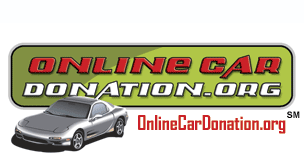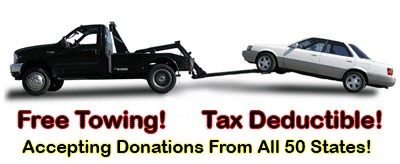|
PHOENIX — Last January, a change in IRS tax law
required people donating their cars to charity to deduct what the
vehicle actually sells for vs. the Blue Book value, which is
typically more. Analysts expected a 30-percent drop in donations at
that point.
But across the country, it appears churches are still on board with
this outreach; many continue to meet an ever-present community need
for affordable (and sometimes free) car maintenance and “recycled”
vehicles.
Many times, getting one of these ministries going involves simply
gathering the congregation’s auto mechanics and car enthusiasts one
Saturday a month to do minor repairs. These ministry efforts often
extend to vehicle donation.
At Love Inc. in Gallatin County, Mont., for instance, a vehicle
ministry team of mechanics offers minor car repairs for single
mothers. The team often gets needed parts at a discount from
participating local dealers. Most of the recipients are required to
meet with a budget counselor as well, opening up another avenue for
ministry: financial guidance.
Additionally, Love Inc. gives donated vehicles to people who are
unable to buy a car, but need one. All recipients must cover
insurance, title transfer fees and registration, but the vehicle is
free.
The vehicle ministry team at Grace Community Church in Noblesville,
Ind., is an even busier ministry that meets weekly to provide free
oil changes and fluid checks. Recipients are encouraged to sign up
online in advance, specifying the vehicle year, make, model and
engine size (cylinders). This ministry, too, gathers and
redistributes vehicles to community members in need, especially
single parents.
But perhaps the best-known
car donation charity is Father
Joe’s Villages, based in San Diego. Founder Fr. Joe Carroll has some
tips for creating a ministry people can believe in.
“Avoid claiming that 100-percent of the proceeds from your donated
vehicle go to the charity,” he warns. “Every nonprofit has overhead
expenses related to its auto-donation program that simply can’t be
avoided.” He estimates up to 50 percent of the proceeds from the
sale of a donated vehicle cover costs associated with the operation
of an auto-donation program, including advertising fees, towing
costs, payroll and other expenses.
Carroll also recommends opening your ministry’s doors to donors. “If
the organization asking for cars won’t allow donors to stop by and
see its operation in action, or if it can only provide a P.O. box
rather than a physical address, there’s very good reason for donors
to be cautious,” he says. * Online Car Donation gives
over 92% of every car donation to support our communities! 50% seems
like alot to us! |

